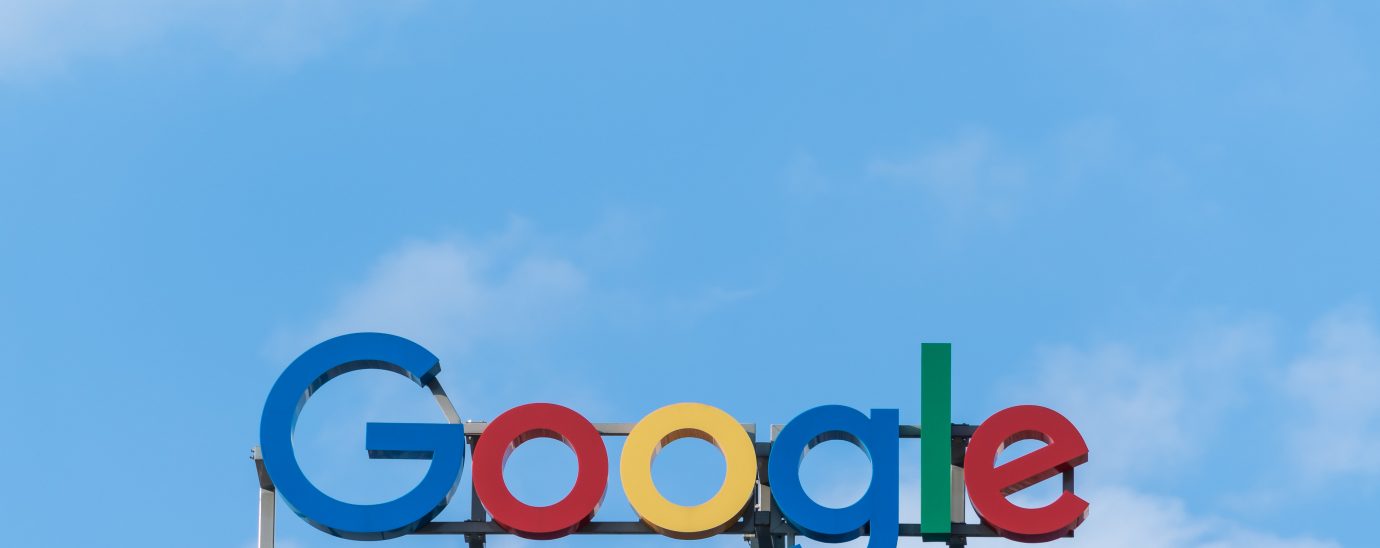Google employees to face vaccine mandate and remote work pay cuts

Google employees could face a vaccine mandate if they return to the office, and pay cuts if they move to permanent remote work.
Vaccine mandate
Google and Facebook have announced that it will be mandatory for employees to be vaccinated against the coronavirus before returning to offices. According to Sundar Pichai, Google’s chief executive, the policy will be rolled out to 144,000 employees in the coming weeks. In addition, the tech giant has also delayed the reopening of its office to October 18th, to mitigate against the further spread of the Delta variant.
“Anyone coming to work on our campuses will need to be vaccinated. We’re rolling this policy out in the U.S. in the coming weeks and will expand to other regions in the coming months,” Google CEO Sundar Pichai said in a memo, adding that “getting vaccinated is one of the most important ways to keep ourselves and our communities healthy in the months ahead.”
Many employers have already mandated employees getting their shots. Facebook, Google, Twitter, Morgan Stanley, CNN, the Washington Post, United Airlines, Microsoft, Uber, Netflix, Walgreens, Tyson, Walmart and Disney have ordered their workforce to obtain their vaccines.
“How we implement this policy will depend on local conditions and regulations,” Lori Goler, vice-president of human resources, said in a statement. “We will have a process for those who cannot be vaccinated for medical or other reasons and will be evaluating our approach in other regions as the situation evolves.”
A study from Qualtrics surveyed individuals, asking them how they would respond to a business if it made vaccination compulsory. 44% of Americans answered that they would consider leaving their jobs if it was mandated. In contrast to this 38% of Americans said that they would consider leaving their job if the organisation did not make vaccines compulsory.
Pay cuts for permanent remote workers
A company pay calculator seen by Reuters has suggested that Google employees who choose to work from home could face pay cuts if they choose to work from home permanently. Facebook and Twitter have also implemented a similar system. Meanwhile, smaller firms such as Reddit and Zillow have announced that they will pay the same, no matter where employees are based, citing that it improves diversity.
A Google spokesperson said: “Our compensation packages have always been determined by location, and we always pay at the top of the local market based on where an employee works from,”, adding that pay will differ from city to city and state to state.
According to Reuters, one Google employee, who requested to remain anonymous, would commute to Seattle from a nearby country, and would likely see their pay cut by 10%, if they go to working from home full time. This cut was calculated from the company’s company’s Work Location Tool, which was rolled out in June.
READ MORE:
- Confluent named Google Cloud Technology Partner of the Year
- Home Depot and Google Cloud enhance the interconnected shopping experience
- Deloitte awarded 2020 Google Cloud global services partner of the year
- Google Cloud announces healthcare Data Engine to enable interoperability in healthcare
Sociology professor at Washington University in St Louis, Jake Rosenfeld, questions who will feel the cuts the most, and expressed concerns around how the cuts will impact families. “What’s clear is that Google doesn’t have to do this,” Rosenfeld said. “Google has paid these workers at 100% of their prior wage, by definition. So it’s not like they can’t afford to pay their workers who choose to work remotely the same that they are used to receiving.”
For more news from Top Business Tech, don’t forget to subscribe to our daily bulletin!
